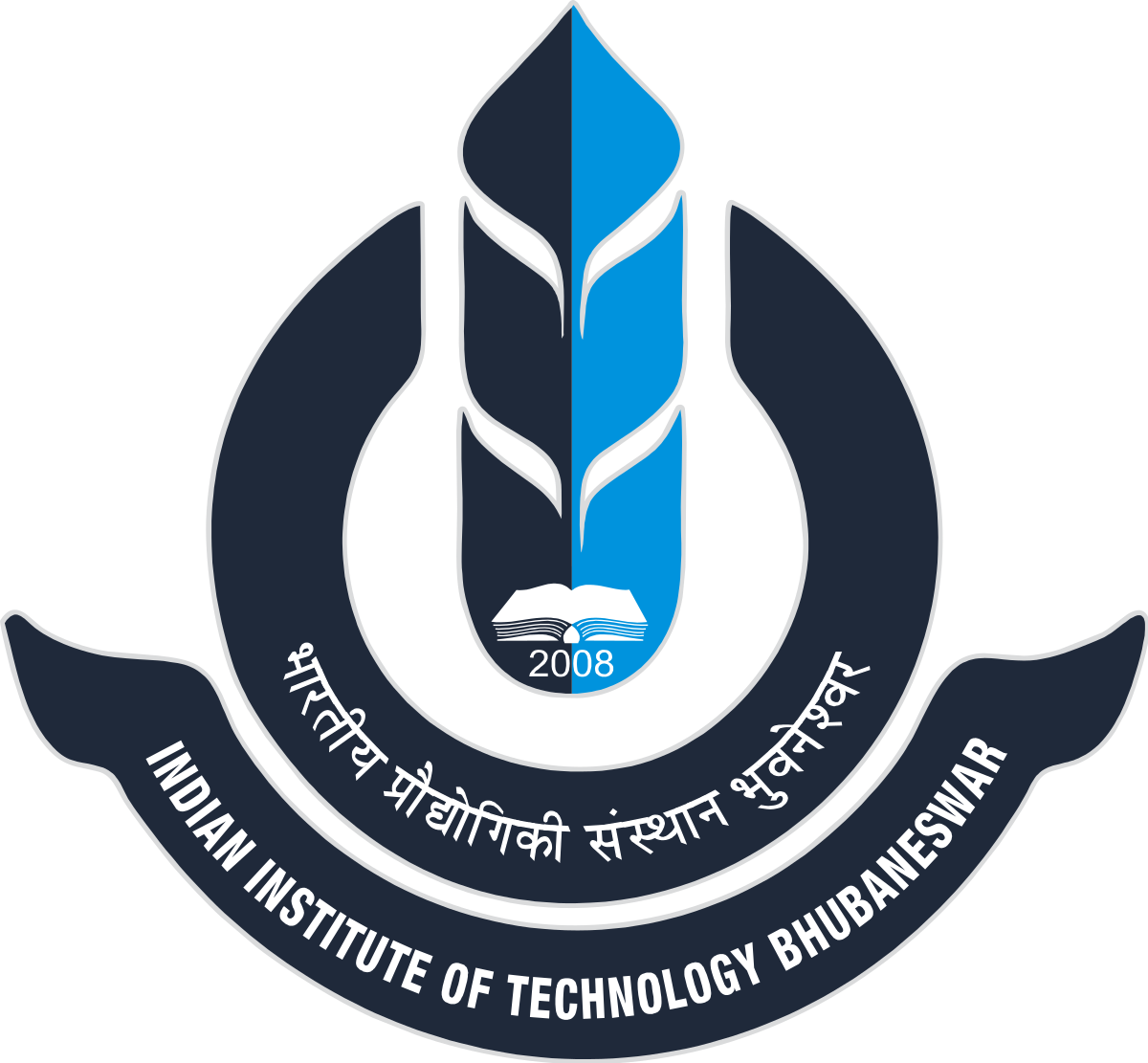Saraswati 2.0 Stakeholder Workshop at School of Infrastructure, IIT Bhubaneswar
IIT Bhubaneswar has a DST-sponsored Indo-EU consortium esearch project on “Identifying best available technologies for decentralized wastewater treatment and resource recovery for India (Saraswati 2.0)” The consortium has seven Indian institutions and ten European Union (EU) institution/organisation working as partners. The major objective of this project is the application and evaluation of the developed technologies of the European Union in Indian conditions through piloting. Under this project ten number of technologies are being piloted by the seven Indian institutes. IIT Bhubaneswar has piloted an integrated system of energy-efficient carbon and nutrient removal using UASB – Deammonification technology as part of the Indo-EU consortium.
The principal investigators of the project at IIT Bhubaneswar are Dr. Manswini Behera, Dr. Rajesh Roshan Dash and Dr. Puspendu Bhunia. For effective replication of the pilot in actual scale, the potential drivers, barriers to be checked and the implement of the technology and effluent from this pilot to be checked with the existing regulatory standards. The cost-effectiveness of the systems is also to be evaluated.
As a part of the evaluation process of the piloted technology, a stake holder’s workshop has been organised on 3rd November 2023 at School of Infrastructure, IIT Bhubaneswar and a panel discussion has made to understand potential drivers and barriers for replication of the system. Prof. Markus Starkl (University of Natural Resources and Life Sciences (BOKU), Vienna), who is the consortium coordinator from EU has coordinated the workshop.
In the workshop major stake holders from Odisha from different Govt departments (WATCO, OWSSB, Water Resources Department), Odisha State Pollution Control Board, Jatni Municipality, Bhubaneswar Municipal Corporation, Industries and Consultancy firms and from other technical institutions (SOA, KIIT, NISER) nearby Bhubaneswar, have participated. The feedback from the stake holders have been collected for addressing the issues and informing the advantages of the process for implement of the system in real practice.
